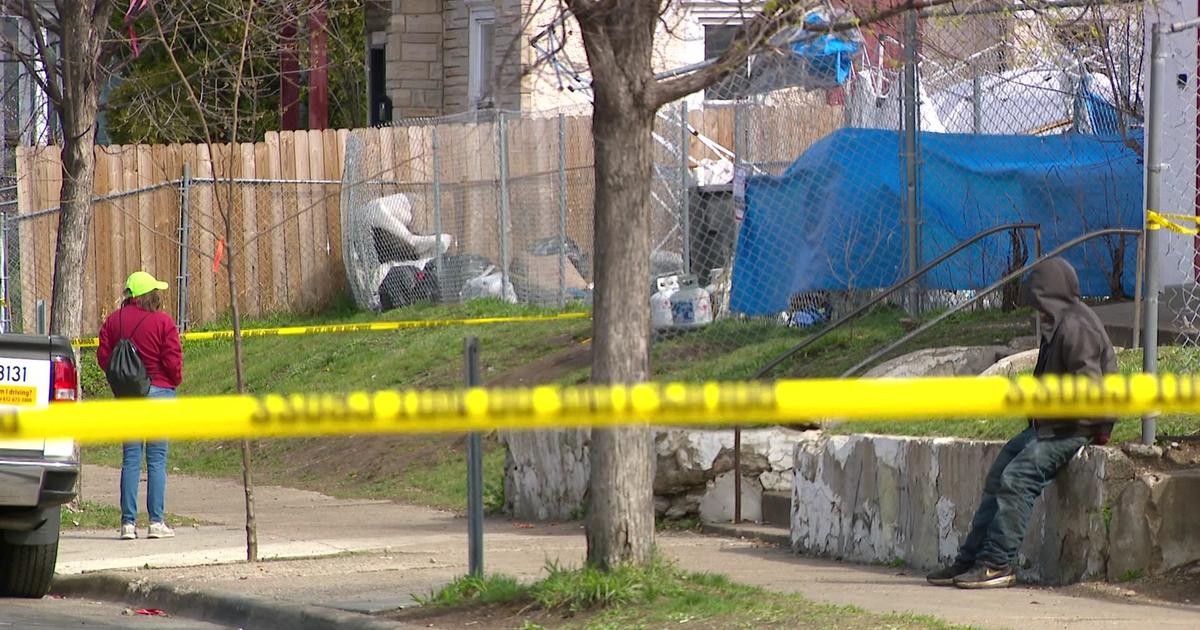Good Question: Why Don't Criminals Serve All Of Their Sentence In Prison?
MINNEAPOLIS (WCCO) - When Amy Senser was sentenced to 41 months, she was told she'd only have to spend two-thirds of that time behind bars, about 27 months.
Many suspected the wife of a former Minnesota Vikings player was getting a sweetheart deal.
"I think they should serve their whole time," said one man in downtown Minneapolis.
"People in upper echelons don't seem to get same penalties as people in lower scale," said another.
So why does Senser only spend 2/3 of her sentence behind bars?
Kelly Lyn Mitchell, Executive Director of Minnesota's Sentencing Guidelines Commission, lays down the rules.
"Every felony offender who goes to prison serves two-thirds of the time," said Mitchell. "Everybody gets the same deal."
Since 1993, a Minnesota state law has dictated that everyone convicted of a felony that isn't murder spends two-thirds in lockup:
"You're gonna always serve that two-thirds, there's no getting out before that," said Mitchell.
The other third is spent on supervised release.
"It's kind of like probation. You're under supervision, we're watching over you, checking periodically, it's just a period of transition," she said.
Mitchell said that Minnesota was the first state to adopt sentencing guidelines in 1980. Since then the federal government and many other states have followed suit.
It's a system called "determinate sentencing". Judges can be more harsh, or lenient, but they have to explain what kind of unusual circumstances motivate that move. Even so, they can't change the two-thirds ratio.
"It gives us an opportunity to help that offender transition back into society," said Mitchell.
"It also gives the state to continue jurisdiction over the person, so if they mess up they can go right back to prison and serve the full time of their sentence," she added.
She explained that if judges sentenced people to 41 months behind bars, meaning a full 41 months, the state would essentially kick people out of prison at the end and say "good luck".
This system has another benefit - it's very predictable. Victims, criminals, and the people planning how many prison cells are needed all know exactly when felons are going out of the prisons.



